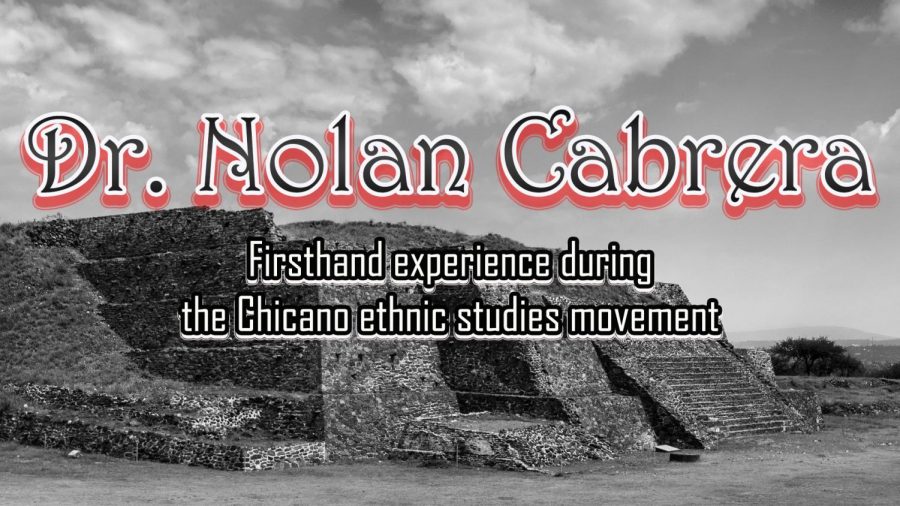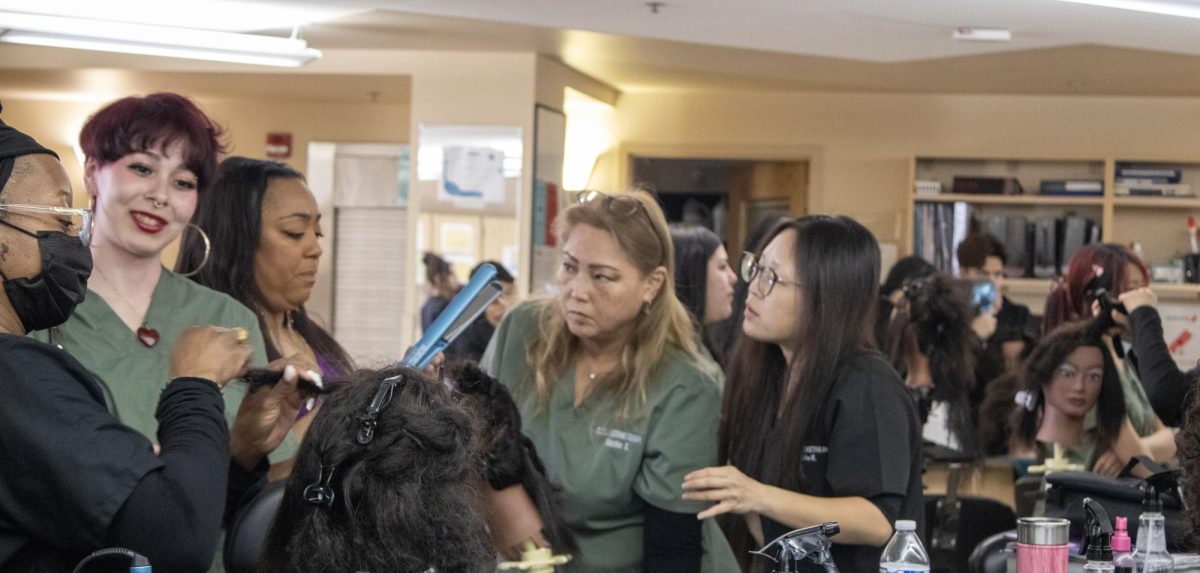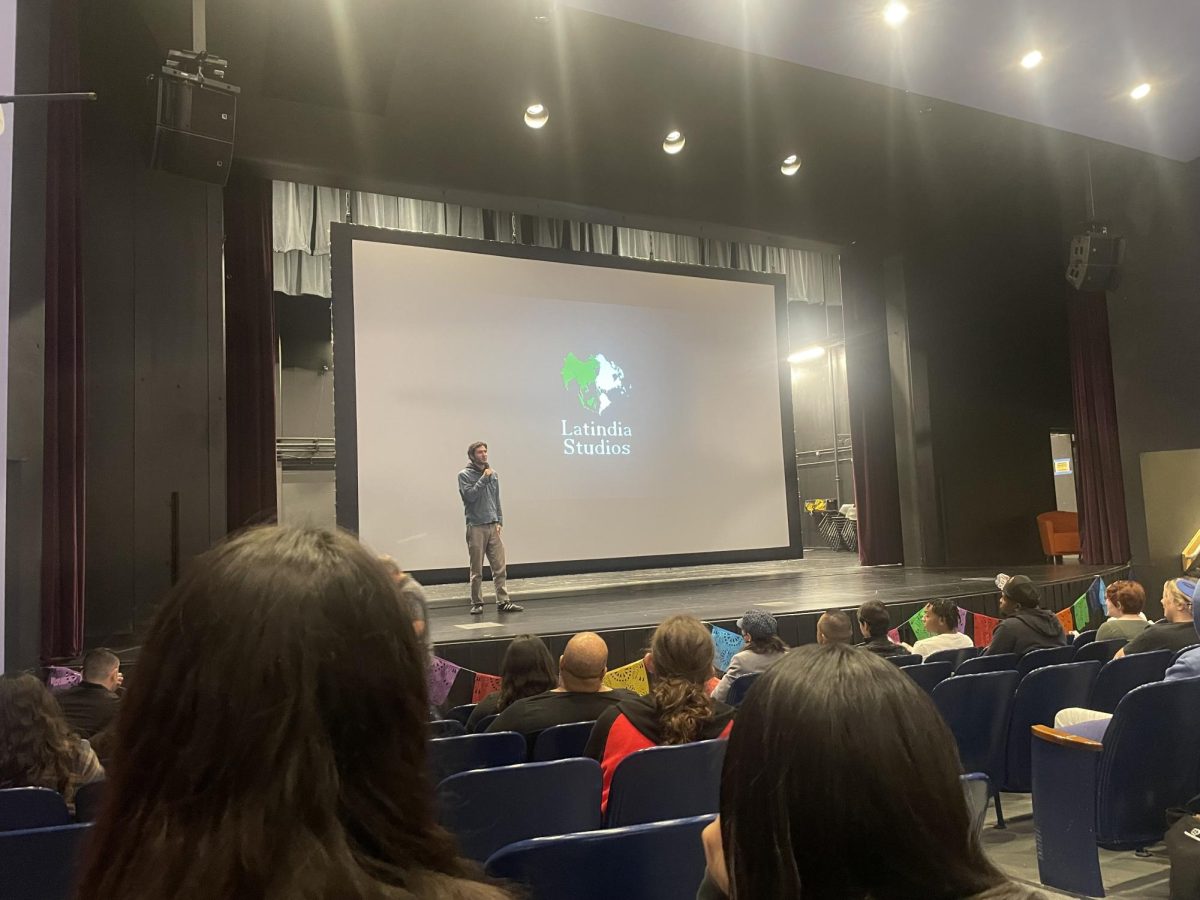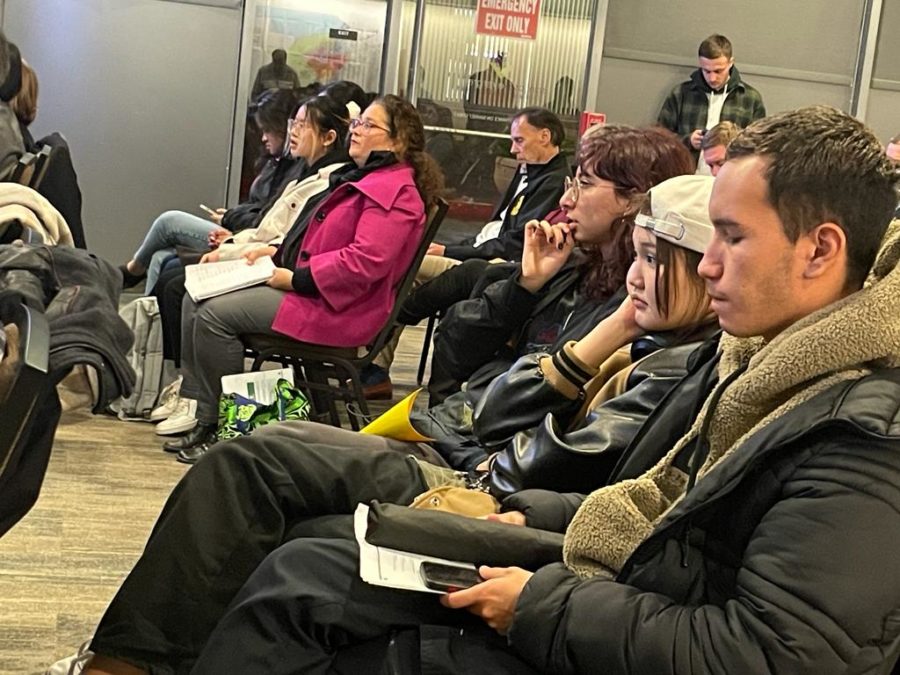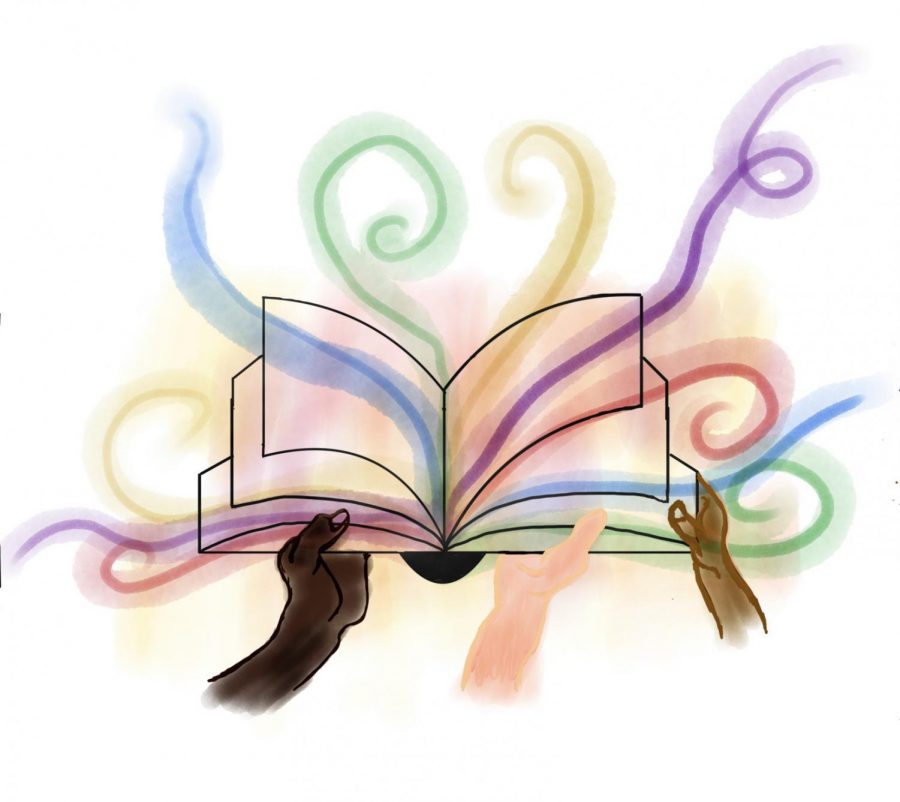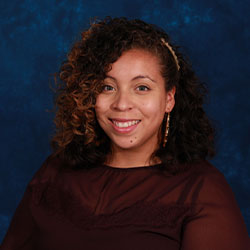In honor of Latinx Heritage month, Dr. Nolan Cabrera, who is an award-winning scholar and was also an expert witness in the Tucson Unified Mexican American Ethnic Studies case, was a part of a Zoom session Wednesday, Oct. 6.
The Tucson Unified Mexican American Ethnic Studies case became the highest-profile ethnic studies case in the history of the United States. There was a law in Arizona known as HB 2281 that banned ethnic studies classes in school districts or charter schools.
Tom Horne, who at the time was Arizona’s Superintendent of Public Instructions, claimed that the classes were unconstitutional and misleading students to racial resentment and overthrowing the government.
Horne was the one leading this ban against Mexican American ethnic studies.
Cabrera shared with more than 100 people, including SJCC students and faculty, what he experienced firsthand.
“What happened in Arizona spread like wildfire,” Cabrera said.
The news about the ban of Mexican American Ethnic Studies in Arizona was being covered by big media outlets.
“Even though this was the highest profile Ethnic Studies case in the country, you’ll notice that if you’ve been paying attention, a lot of the critical race theory bans that have been going on use almost identical language, identical verbiage to try to outlaw that kind of teaching,” Cabrera said.
He said that many saw black, brown and indegenous people learning about their own culture as a threat to the state.
“Horne claimed ‘that Mexican American studies is un-American,’” Cabrera said.
How can it be un-American? Cabrera later on explained how Mexican American studies was the target.
“These other tenants are never uniformly applied,” Cabrera said.
He mentioned that another school in the district had an Advanced Placement European History class in their curriculum that was never investigated. This school was located in a wealthy area, wherein its majority was white students.
“But when it’s varrio kids in a brown community sitting there learning about their culturally affirming work that’s seen as a threat,” Cabrera said.
Throughout Cabrera’s presentation, video clips of the protests were played, pictures were also shared.
Those present saw when young Chicanos and Chicanas from Tucson Unified fought for their culture, for the right to have Chicano studies available at their schools.
“The Ethnic Studies program in Tucson was founded as with so many Ethnic Studies programs, came out of collective struggle,” Cabrera said.
He reiterated that the Ethnic Studies movement was not successful because of the generosity of the educational institutions, rather it was successful because the community came together.
“When was the last time that there had to be a hunger strike to create a physics department? Or when was the last time that there had to be a massive protest and walk-out to create a history department? It just doesn’t happen,” Cabrera said.
He emphasized the struggles the communities endured in order for their knowledge to be validated within the educational institutions.
In the end, all their struggle and work paid off. Judge A. Wallace Tashima declared that the ban on Ethnic Studies is unconstitutional in 2017.
“Don’t think like we won and everything is great, we’re still struggling with the scars within the community. And it’s a very real thing, but at the end of the day we fought the state and we won,” Cabrera said.
He pointed out that during the ethnic studies movement, they created a blueprint for others who would be facing similar challenges in the constitutionality of critical race theory bans throughout the country.
Cabrera shared a video of Raquel Rubio-Goldsmith who has been a community fighter and activist for years. Rubio-Goldsmith stood before the Tucson Unified School District board members during a meeting whose topic was the Ethnic Studies program.
She said that she had been through many superintendents, administrators and members of the board.
“It’s important for you to know that we have been here…and you will be gone but we will still be here,” Goldsmith said.
Those who were present cheered after her speech.
“And it’s true,” Cabrera said. “They’re all gone, we’re still here, because again that’s the power of the community.”

